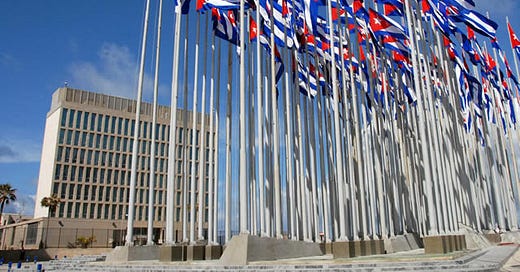On May 28, 2024, the Office of Foreign Assets Control (OFAC) of the U.S. Department of the Treasury announced amendments of the regulations governing its Cuba sanctions program. According to a press release, the changes will increase support for Cuban private entrepreneurs.
The May 28 press release notes that U.S. entities and citizens are now authorized to provide several internet related services to Cuban nationals, including social media platforms, video conferencing, automated translations, web maps, and remote data storage, among others. In addition, software and mobile applications and other internet services of Cuban origin can now be re-exported from the United States to third countries, thus expanding the capacity of Cuban entrepreneurs to offer products on the world market. Moreover, Cuban entrepreneurs are now authorized to open and remotely use bank accounts in the United States.
The U.S. maneuver signals a possible turn toward a policy similar to the Oba…



